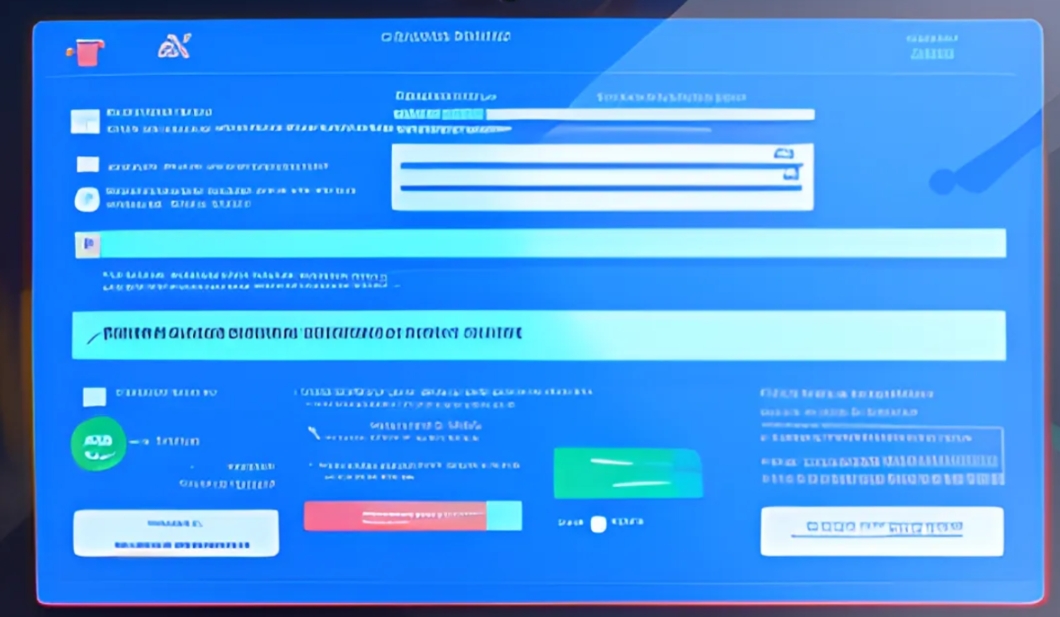In the digital age, where transactions are conducted swiftly across borders and continents, ensuring the integrity and security of these exchanges is paramount. One of the key tools in this endeavor is the Address Verification System (AVS). AVS acts as a safeguard, providing an additional layer of authentication in financial and e-commerce transactions. Let’s delve deeper into what AVS is and how it enhances security and trust in our modern world.
Understanding Address Verification System (AVS)
Address Verification System is a fraud prevention measure used primarily in the United States and Canada. It’s employed by merchants and financial institutions to verify the address provided by a cardholder during a transaction, particularly in card-not-present transactions, such as online purchases or over-the-phone orders.
How Does AVS Work?
When a customer makes a purchase, they input their billing address along with other payment details. The AVS then compares this address with the billing address on file with the card issuer. The result of the comparison is sent back to the merchant, indicating whether the provided address matches the issuer’s records.
Enhancing Security
AVS significantly enhances security by mitigating the risk of fraudulent transactions. Here’s how:
- Fraud Prevention: Mismatches between the provided address and the issuer’s records can indicate potential fraudulent activity. Merchants can then take appropriate action, such as further verification or declining the transaction.
- Identity Verification: AVS helps verify the identity of the cardholder, adding an extra layer of authentication beyond the card details themselves. This reduces the likelihood of unauthorized card usage.
- Reducing Chargebacks: Chargebacks, which occur when a customer disputes a transaction, can be costly and damaging to merchants. AVS helps reduce the occurrence of chargebacks by ensuring the validity of transactions.
Building Trust
In addition to bolstering security, AVS also plays a crucial role in building trust between merchants and customers:
- Customer Confidence: Knowing that merchants employ robust security measures like AVS instills confidence in customers, encouraging them to transact without fear of fraud or identity theft.
- Merchant Credibility: Merchants that utilize AVS demonstrate their commitment to security and customer protection. This enhances their credibility and fosters long-term customer relationships.
Challenges and Considerations
While AVS is a powerful tool, it’s not without its challenges and considerations:
- International Transactions: AVS is primarily designed for use in the United States and Canada, posing challenges for merchants dealing with international transactions where address formats may differ.
- Limited Effectiveness: AVS is not foolproof and may not catch all instances of fraud, especially if the fraudster has access to accurate address information.
- Customer Experience: Overly strict AVS settings can sometimes lead to legitimate transactions being declined, potentially frustrating customers.
Conclusion
In an era where cyber threats abound, the Address Verification System stands as a stalwart guardian of online security. By verifying addresses and bolstering authentication, AVS not only prevents fraud but also fosters trust between merchants and customers. As technology evolves, so too will the methods of fraudsters, but with continued advancements in systems like AVS, we can stay one step ahead in the ongoing battle for secure and reliable transactions.


